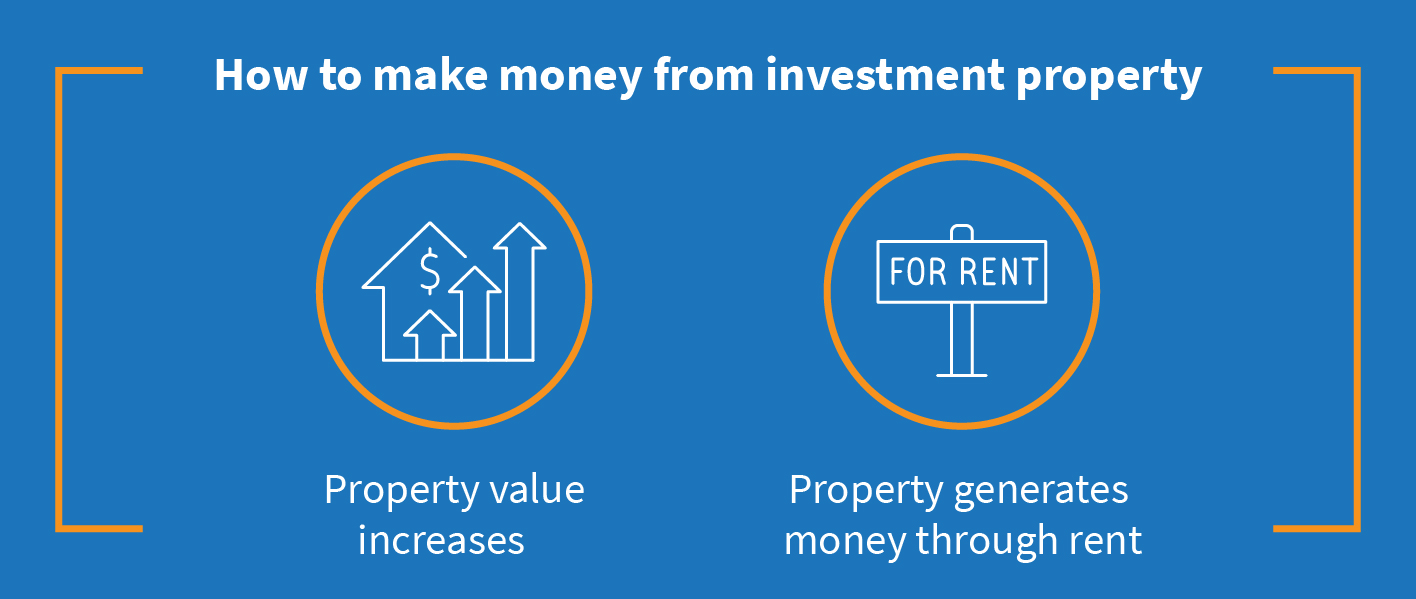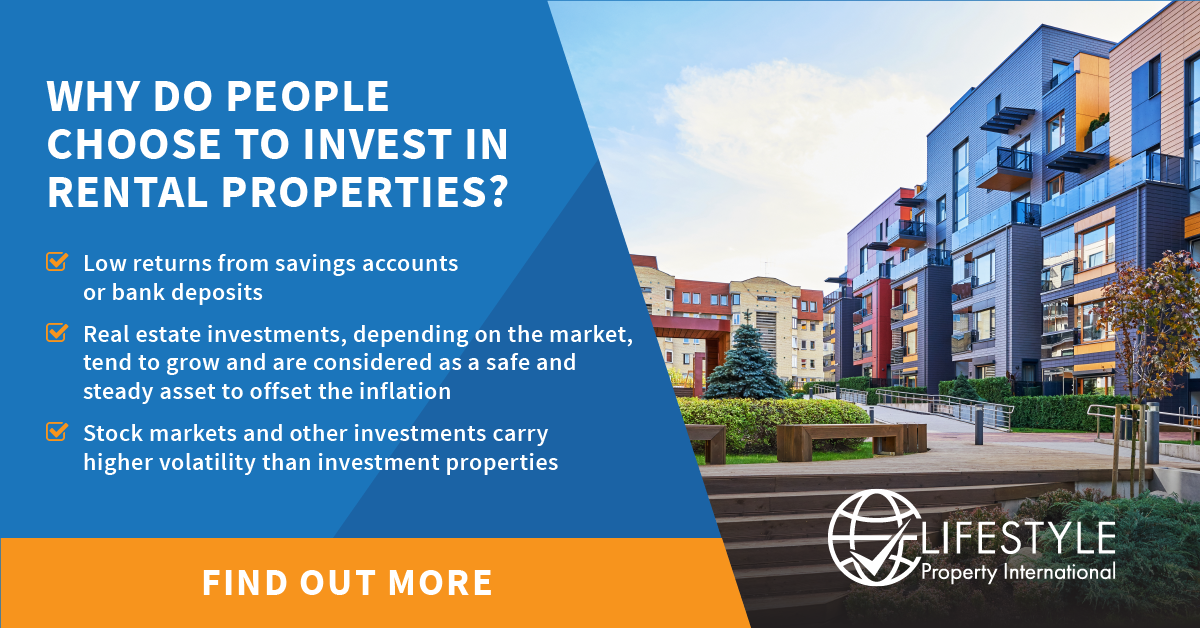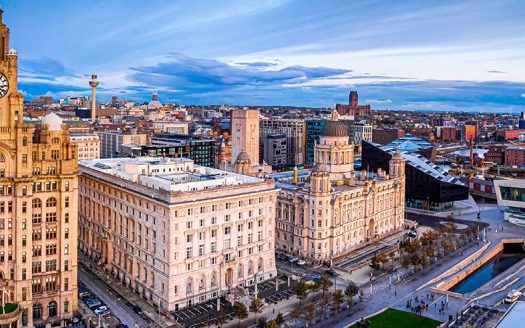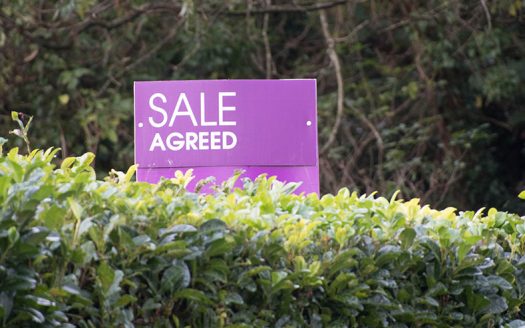What to focus on for property investment: Rental yield or capital appreciation?

For many investors, rental yield and capital appreciation are the two most key factors to consider when choosing an investment property. It can be very rare for a property to provide high levels of each, and as such, the question arises as to which one to focus on? The answer will depend on your investment goals and timeframes. If you’re looking for immediate income, rental yield is probably more important to you. On the other hand, capital appreciation may be a better indicator of success if you’re more concerned with long-term growth. Ultimately, the decision comes down to what you’re hoping to get out of your investment to meet your requirements. By carefully considering your priorities, you can ensure that your decision aligns with your goals.
What is rental yield, and how do you choose a property that can offer the highest returns?
Rental yield is a key metric for any property investor. It effectively shows you the return on your investment based on the rental income from the property. To calculate rental yield, you simply divide the annual rental income by the property’s purchase price. For example, if a property costs £100,000 and generates £5,000 in rental income over a year, then the gross rental yield would be 5%.
There are two main types of rental yield: gross rental yield and net rental yield.
Gross rental yield includes all the rental income from the property before any expenses are deducted. This is usually the figure quoted when people talk about rental yield. On the other hand, net rental yield considers factors such as maintenance costs and letting fees. This gives you a more accurate picture of the return you can expect to make on your investment and a true reflection of income expectations. There may also be void periods where you don’t have a tenant, but this is an unknown variable and hopefully won’t apply for too long.
There are two main factors to consider when choosing a rental property that will offer the highest returns: rental yield and capital appreciation. Rental yield can be seen as being more important in the short-term, as it directly impacts the amount of income you are receiving from the property and is also especially important in times such as the present, where we are seeing an increase in the cost of borrowing with rising interest rates. Capital appreciation is mainly seen as a long-term goal; it reflects the increase in value of the property and is typically realized when the asset is sold. However, both factors should be considered when making an investment decision.
Which types of properties have a higher potential for high rental yields?
While there is demand for properties in most locations, prime city centre sites often see higher capital values (and potentially higher levels of appreciation), and rents may not increase at the same rate. As such, the yields on these may be slightly lower than properties a little further out where the purchase price is less, but rental income is similar. An example of this may be Central Manchester, where there has been a lot of growth over the years, and as much as rents have also risen, there is a ‘gap’. Areas such as Salford, whilst still in Manchester and easily commutable, are seen as being at an earlier stage of their regeneration with lower capital values and can command rent, achieving a higher yield.
With this in mind, properties that are further away from the centre can also be a good fit, but they must be either located in a recent regeneration zone or with excellent communication links to the major work or play locations in the city.
It is important to do your research before making any investment decisions to find a property that meets your specific goals and needs. Expert advice can be vital in finding the best option based on your circumstances.
Capital appreciation at the core of property investments
It’s important to remember that capital appreciation (the increase in value of the property over time) can also make a profit from your investment and is often the largest contributor to wealth creation for investors. For this reason, it’s often a good idea to focus on properties in areas that are experiencing strong population growth or economic development. These factors will increase demand for rental properties, which should push up rents and drive-up capital values.
Investing in property with the aim of selling it at a higher price in the future is usually the main strategy or reason why people decide to enter the property market. Capital appreciation can be a great way to make a profit, but it’s important to remember that although historically, property is a great investment, the market can fall as well as rise. For this reason, we would always suggest ensuring that net rental covers expenses for properties as a minimum. By doing this, and even if the market does fall in the short term, you can be assured that you can hold your assets, with rent covering expenses, and wait until a recovery in asset values.
Property investment is a long-term investing approach. If a property you purchase is financed through a mortgage, then you should research to see if the rental income can cover the mortgage payments. This was your only real investment is the initial deposit of usually 20 to 30% of the property value, and then – if all goes well – the property will pay for itself through rent.
Capital appreciation can be high in the long term with property, especially your return on investment (ROI), given that your initial investment amount was £100,000 (the 25% deposit) rather than £ 400,000 (the property purchase price). If you sell the property in 20 years’ time, with the mortgage paid off by rental income over time, now your property’s worth 876,000 (assuming 4% growth per annum). At first glance, it appears that you have doubled your money, but the reality is that only 100,000 was invested, so your 100,000 has become 876,000 over 20 years. This is a compounded return of over 11% per annum.
Related: How to calculate investment property ROI?
Is property investment for me?
There are many reasons why people invest in property. For some, it’s a way to generate rental income and achieve a healthy rental yield. For others, it’s all about capital appreciation – buying a property with the intention of selling it for a profit at some point in the future. Some people invest in property for both reasons and have a portfolio where some assets are income-producing, others for long-term appreciation.
Whatever your reason for investing in property, you should keep a few things in mind. First, do your research and make sure you understand the market you’re investing in. Second, be realistic about your expectations – don’t expect to make a fortune overnight. And third, remember that investing in property is a long-term commitment – so make sure you’re prepared to hold onto your investment for the long haul, and if finance is in place, it is at a sensible level. 










